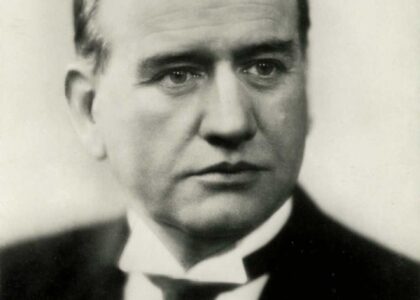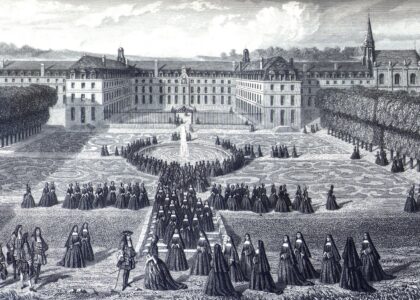Welcome to Hordville, a small but historically rich locality in Hamilton County, Nebraska. As you pass through, let us take you back to the early 20th century when this town was officially established. The roots of Hordville go back even further, with settlers and communities already present in the area before its formal establishment. The land where Hordville now sits was once part of Bluff Precinct and saw early development with a sod schoolhouse that doubled as a church.
In 1906, the Union Pacific Railroad’s expansion plans laid the groundwork for what would become Hordville. The railroad granted City Improvement Company of Stromsburg the right to develop towns along its new branch line. The land for Hordville was purchased from local landowners and the Fridhem Lutheran Church, which had already been a community anchor since 1880. The town was named in honor of T.B. Hord, a prominent cattle feeder from Central City.
Hordville quickly blossomed with businesses and services. At its peak, this small town boasted five doctors, multiple general stores, and even a photography studio. The first state bank of Hordville, chartered in 1906, became a stable institution that supported the local economy and remains a testament to the town’s entrepreneurial spirit.
The Fridhem Lutheran Church, a foundational element of Hordville, stands as a reminder of the community’s dedication to faith and fellowship. Its congregation was organized in 1880, and by 1882, the church had constructed a building that served as a spiritual and communal hub.
Today, the stories of Hordville’s past are echoed in the community’s enduring spirit. From the bustling early 20th-century streets lined with stores and services to the modern-day tranquility of small-town life, Hordville continues to be a place where history and community converge.
Listen closely, and you might just hear the echoes of horse-drawn carriages or the whistle of a distant train, reminders of Hordville’s vibrant past.




